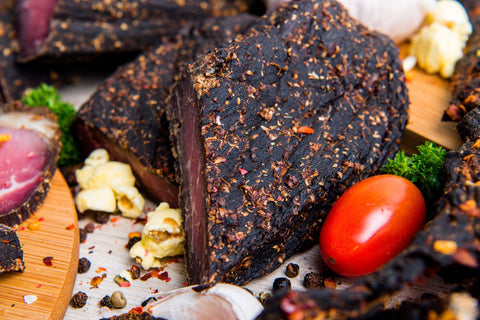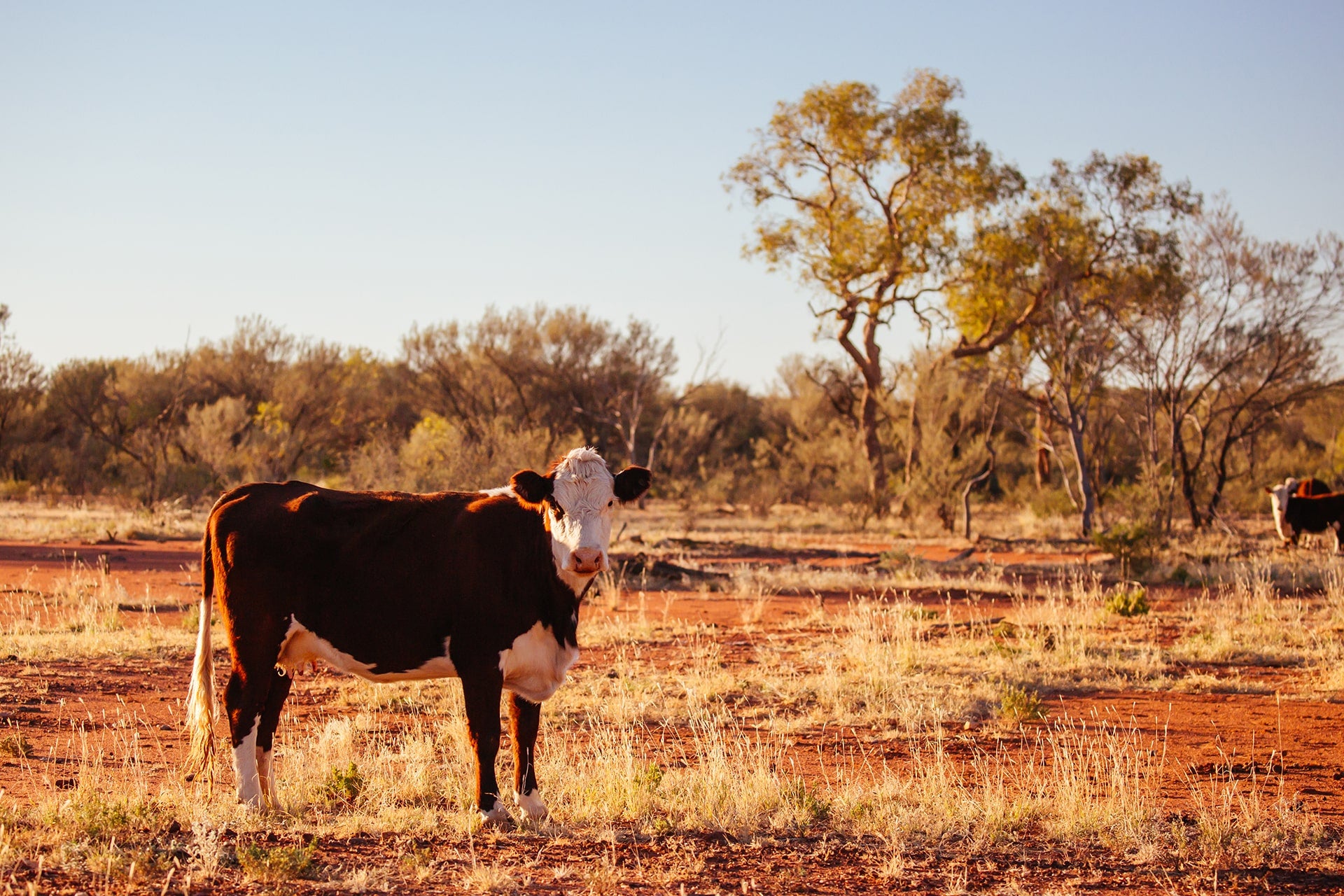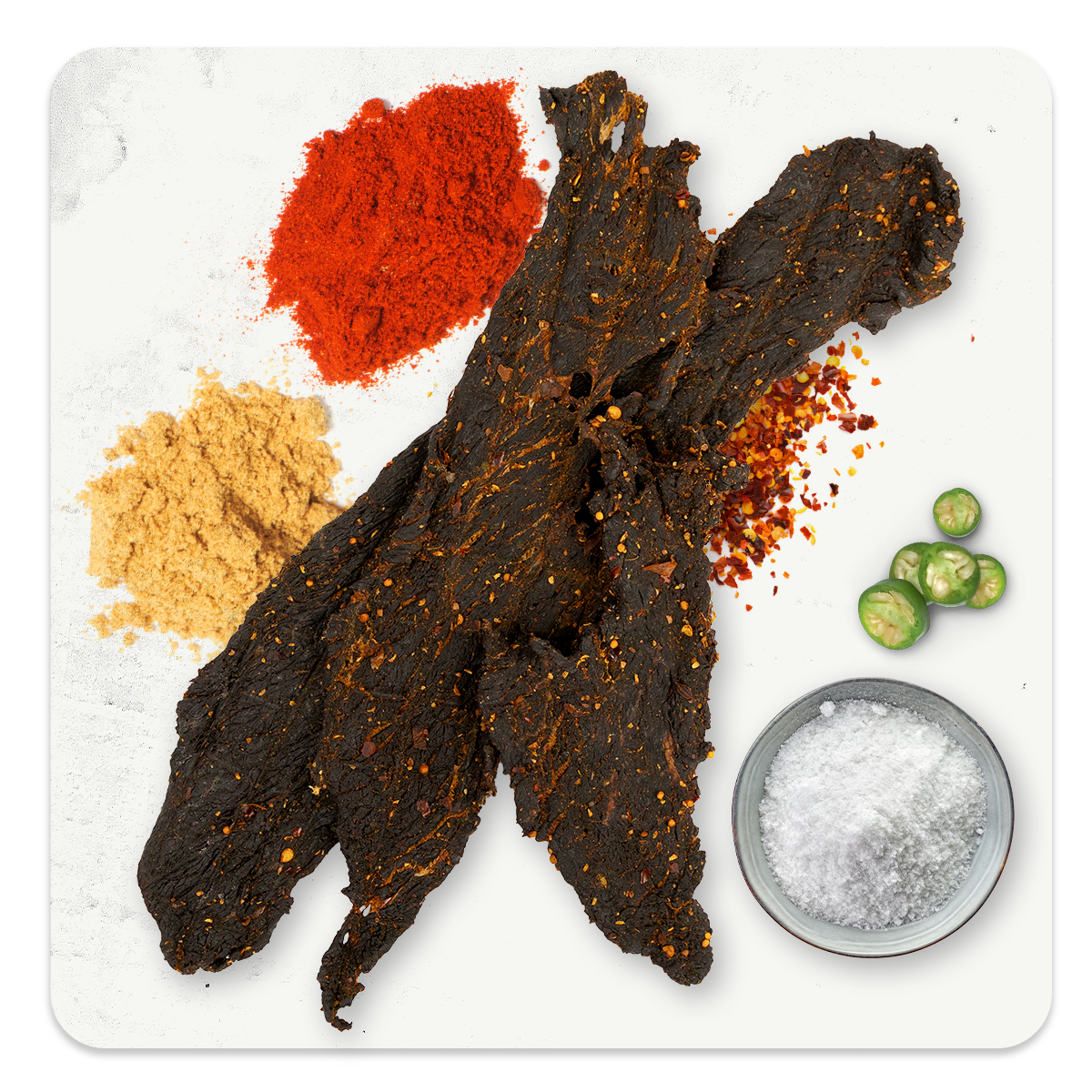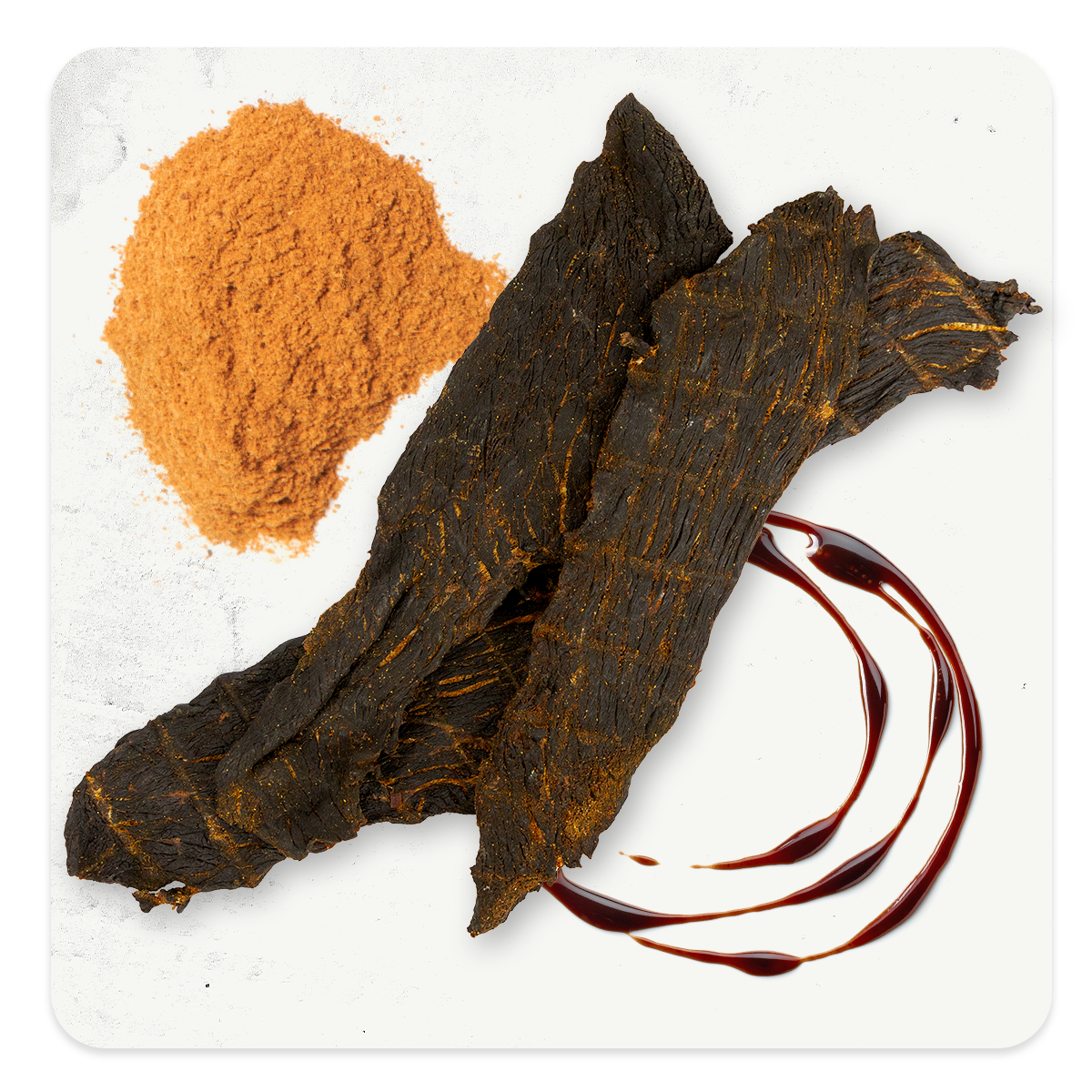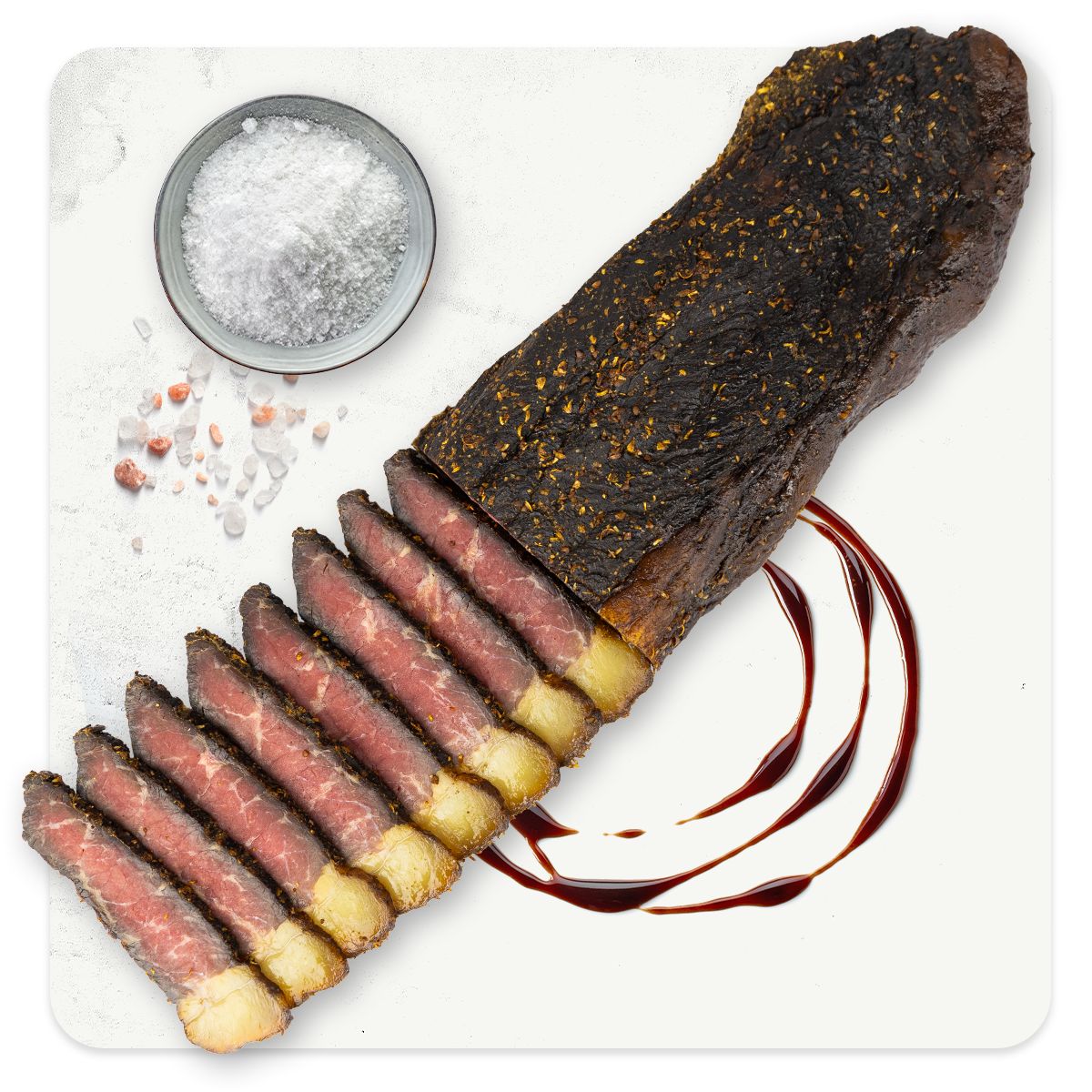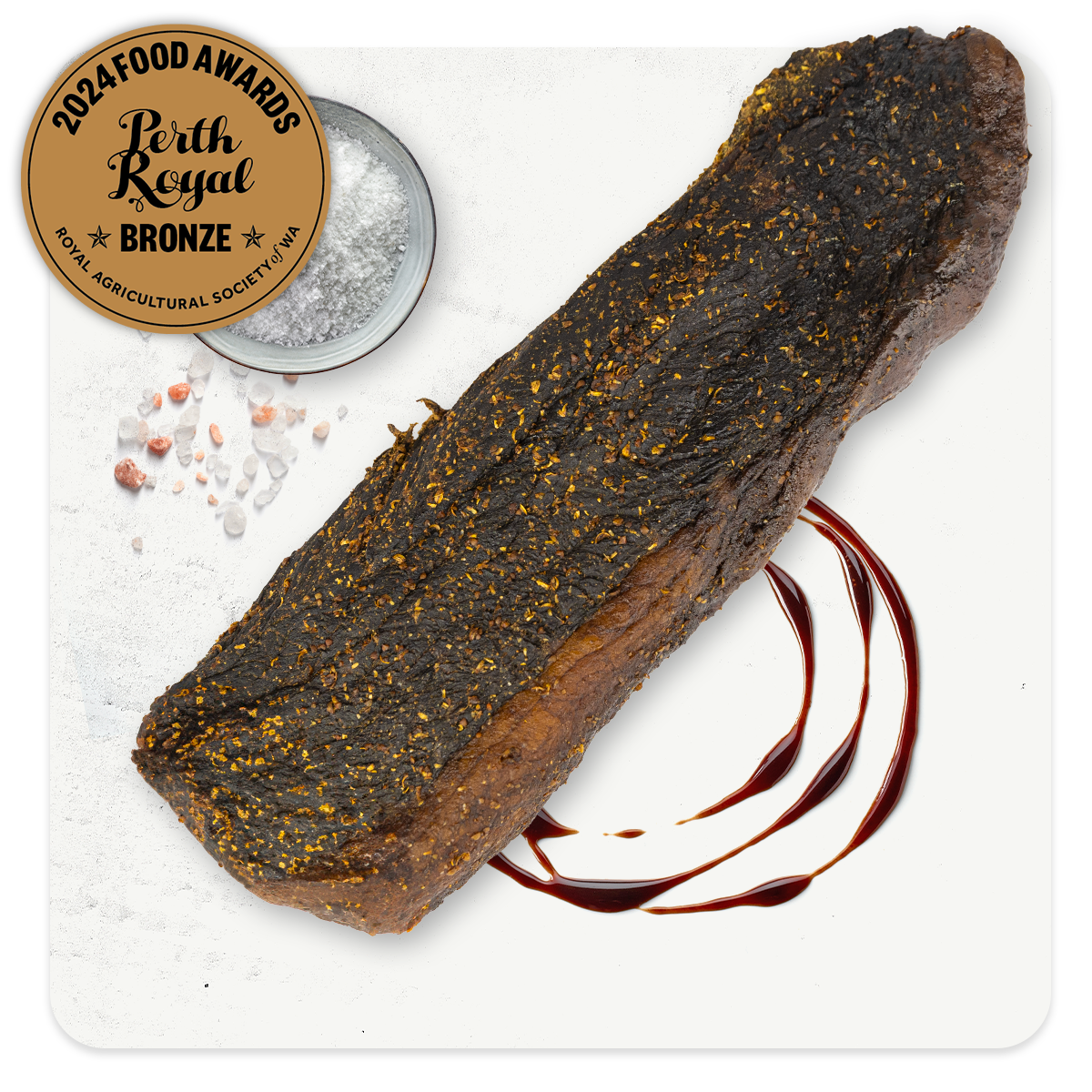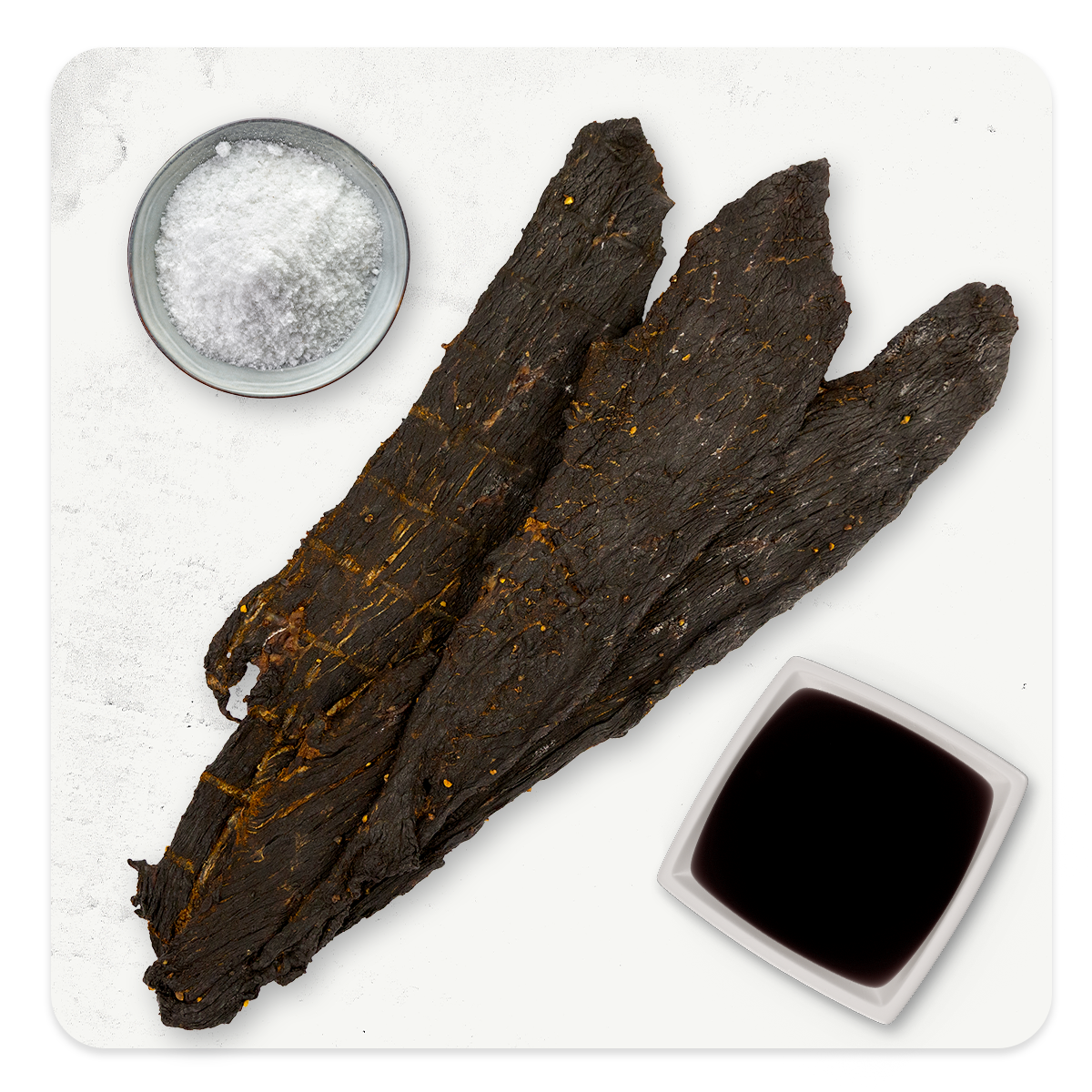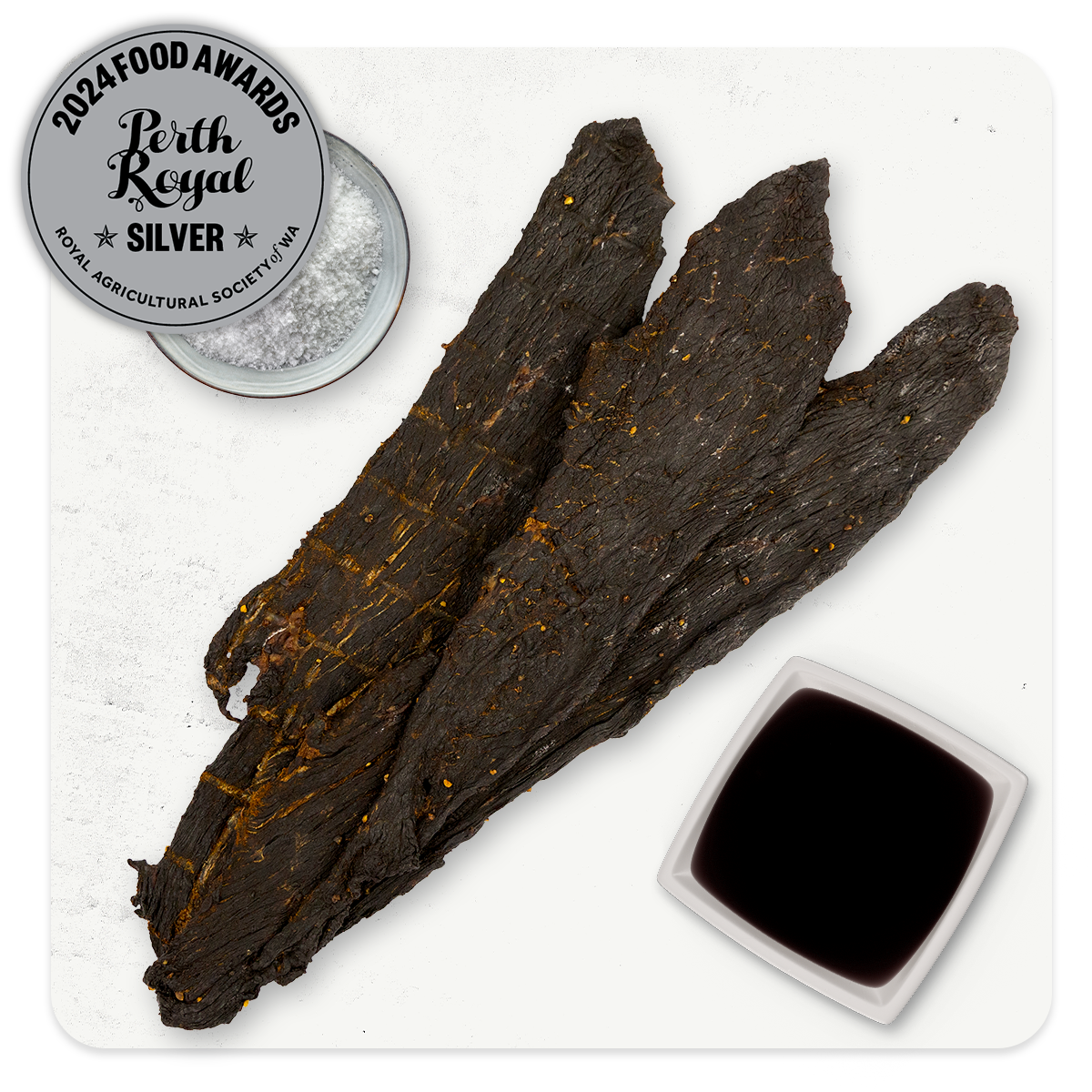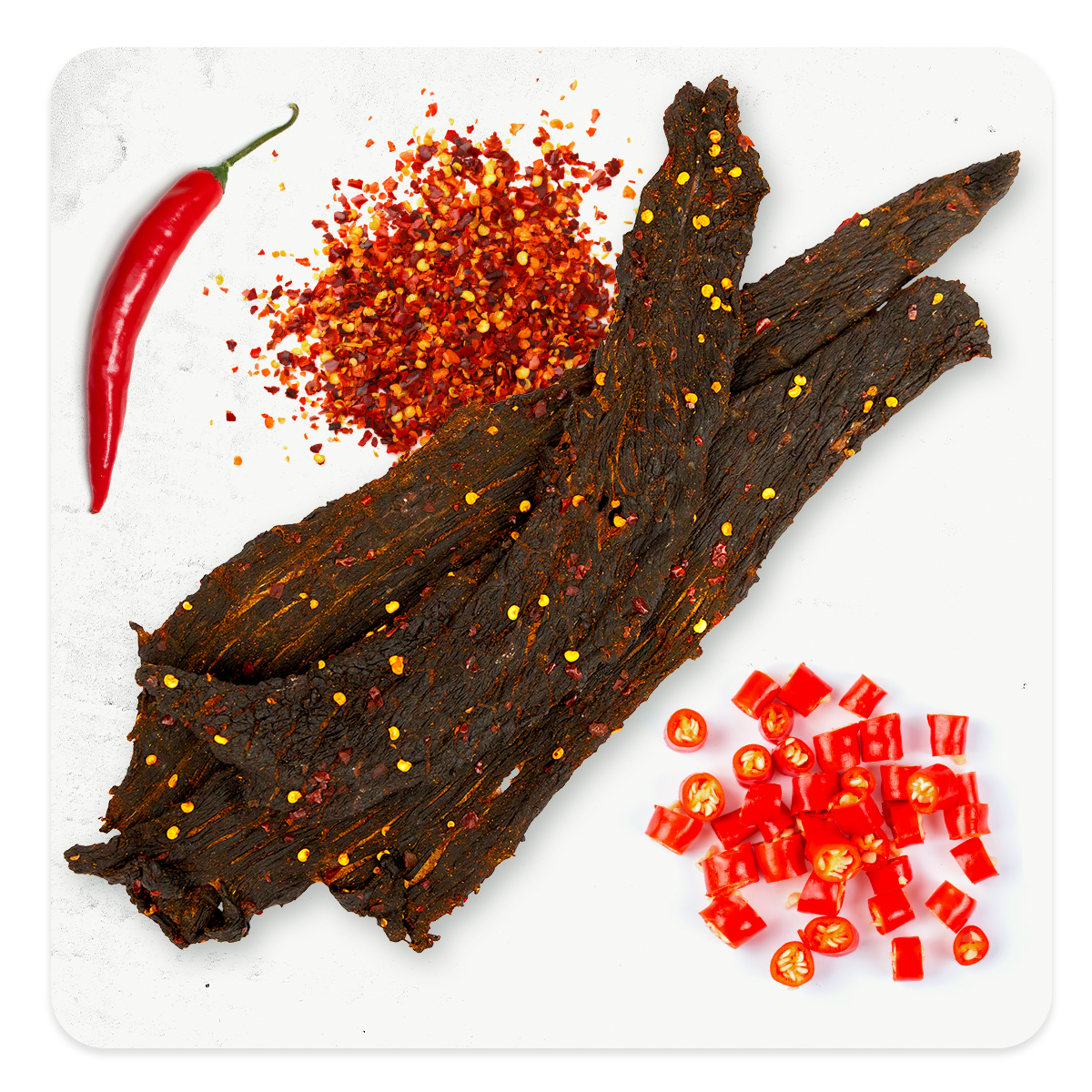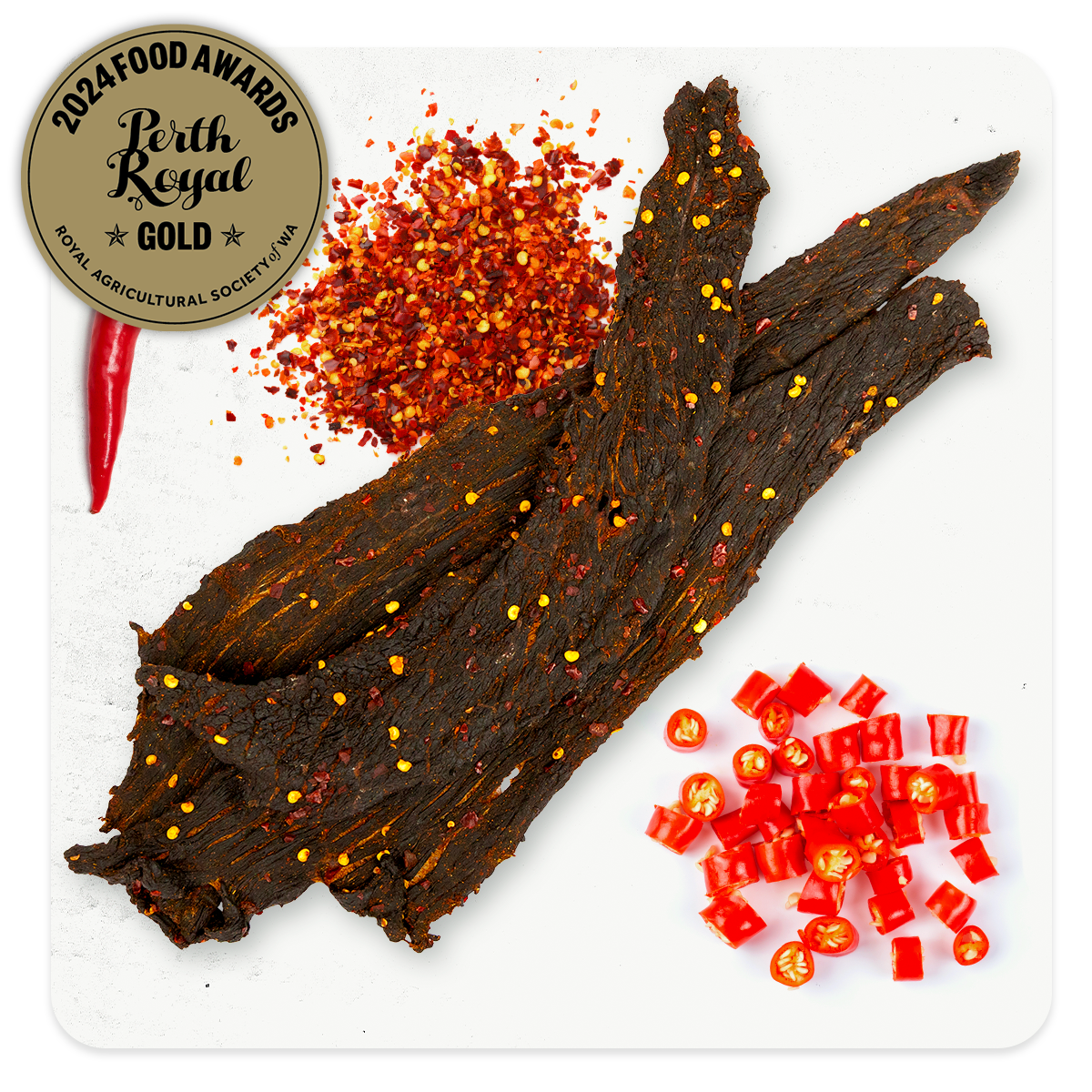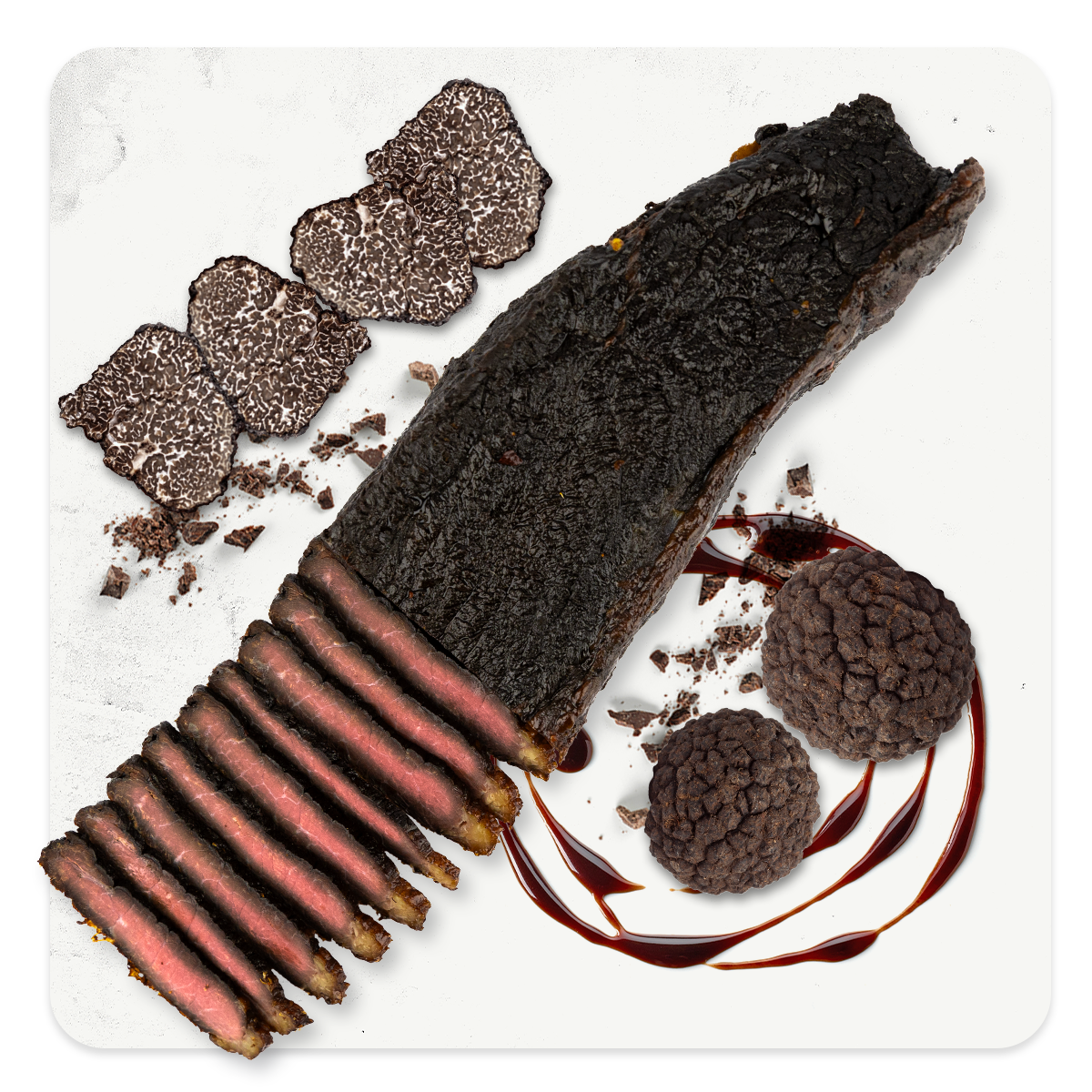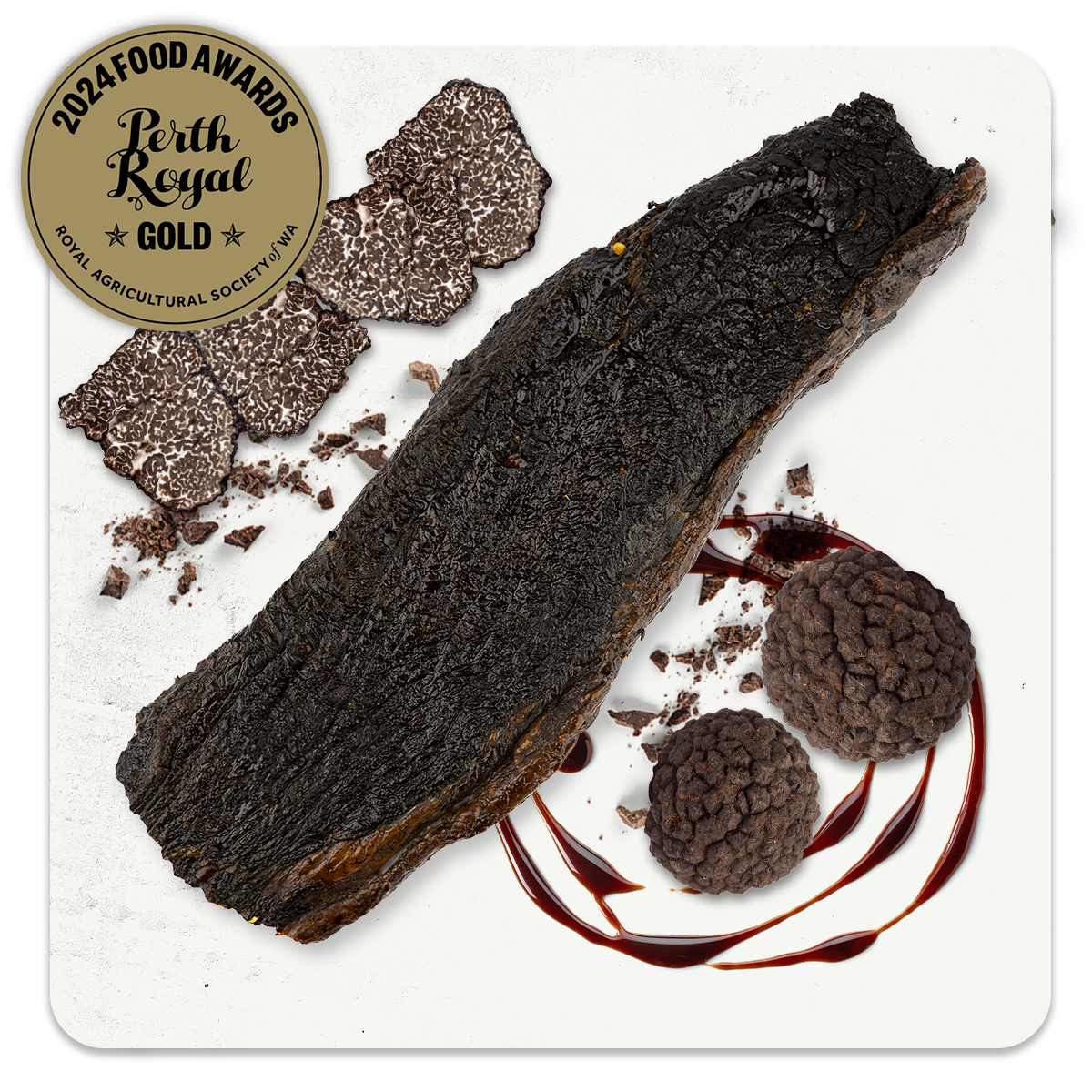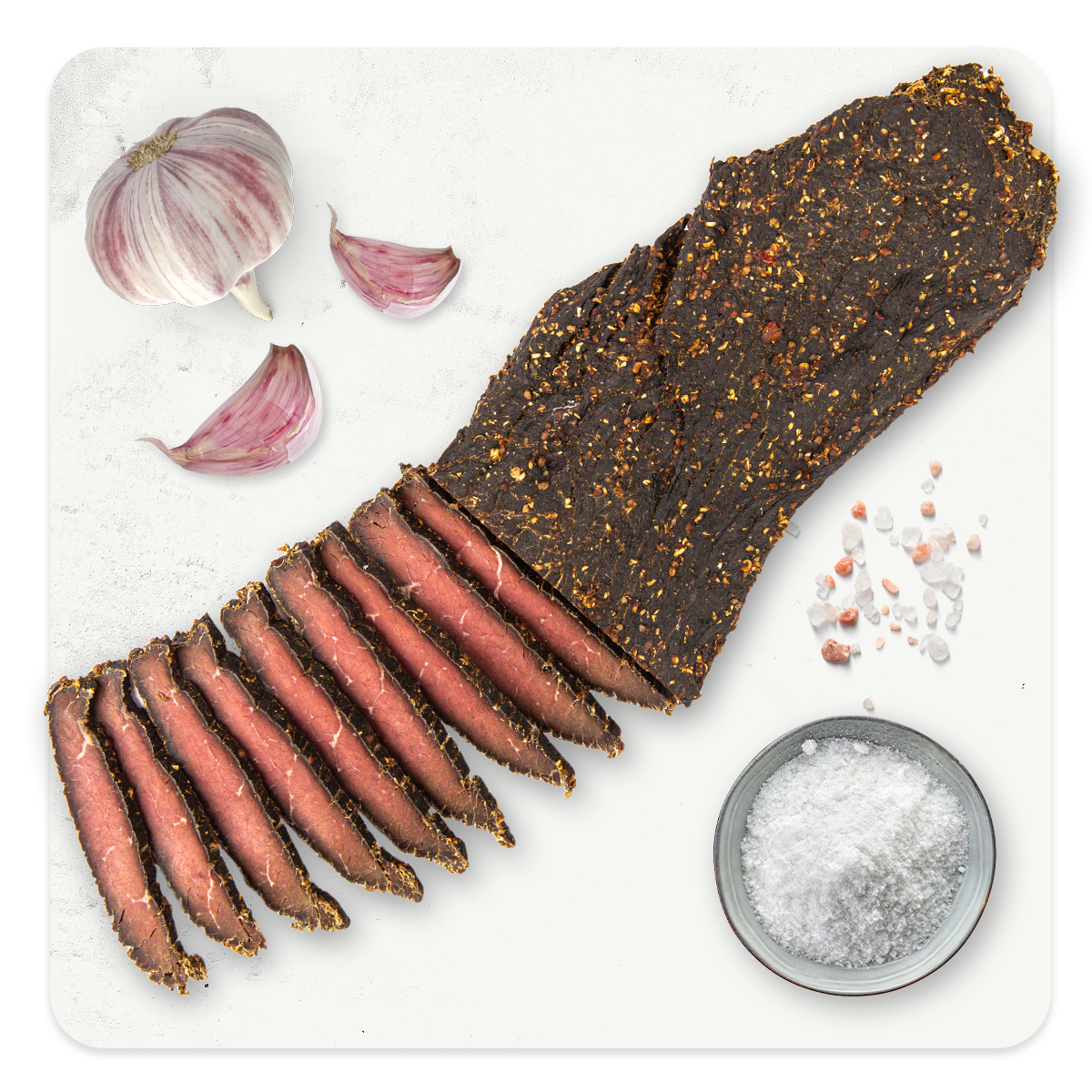It seems the topic of sustainability has encroached upon just about every aspect of public life in recent years, and for good reason. The free and open flow of information on the internet has given consumers a great deal of power to make more informed choices in what they buy, and so industries can no longer ignore the demand for responsible manufacturing and production practices. People care about where the things they buy come from, and in no other industry is this more important than in the food industry.
Livestock agriculture adds another element to the mix—animal welfare. It's not enough to only deal with issues of climate change, greenhouse gas emissions, land use and its environmental impacts, consumers want to know that the animals that become their food are treated well and have a good life before they end up on our plates. This puts a lot of pressure on the livestock industry to conform to a range of industry practices and regulations to ensure that producers are acting in both a sustainable and ethical manner. Those that do, however, are awarded accreditation with industry bodies such as MSA Australian beef grades.
What are the benefits to buying local produce?
There are many benefits to spending your money on local produce. For starters, it's always good to support the local economy, but more importantly, it helps to reduce the carbon footprint that is created from getting your food from paddock to plate. Transporting food across global supply chains requires a lot of energy use that can otherwise be avoided by shopping locally instead. That's just one of the reasons why The Jerky Co only uses locally sourced MSA beef to make the best Australian beef jerky.
Keeping it local also helps to ensure a higher level of animal welfare. There are parts of the world that still engage in egregious farming practices, where producers simply don't care about the welfare of their animals and therefore don't treat them with the care that they deserve. We've all seen the tragic videos of animals being severely mistreated which led to temporary bans on live exports. We're not saying that's standard practice among all overseas livestock industries, but there is zero accountability among those who do engage in that kind of behaviour. When we buy local beef for our air dried meat products, we're helping to maintain ethical and sustainable beef production where cattle enjoy fresh and open pastures rather than being cooped up and fed a grain diet.
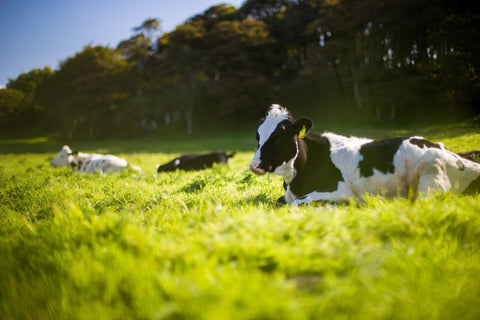
Is beef production sustainable?
There have been many questions asked about the sustainability of livestock production, particularly in the beef industry as cattle production is a significant contributor of GHG emissions—particularly methane production. However, Australian scientists have found a way to address this situation and significantly reduce these emissions. It was recently discovered that a particular strain of native Australian seaweed greatly reduces methane production in the digestive system of cows when it is added to their feed. This new and exciting feed production method is currently being rolled out globally in an effort to potentially reduce methane emissions from cows by up to 80%.
While some people may wish to see an end to beef cattle production, the reality of the situation is that over a billion people on this planet rely on meat production for their livelihoods. And with a constantly expanding global population, food production will continue to rely more and more heavily on beef as a source of protein. The answer, therefore, isn't to roll back beef consumption and production, but instead to ensure beef sustainability through science and technology. The improvement of beef-production systems has played a huge role in lifting millions, if not billions of people out of poverty by making cheap, nourishing meat available to as many people as possible. This has played a key role in advancing human health and wellbeing around the globe, so while there are challenges to overcome in terms of its environmental impact, it's important that we continue to make beef available to as many people as possible.
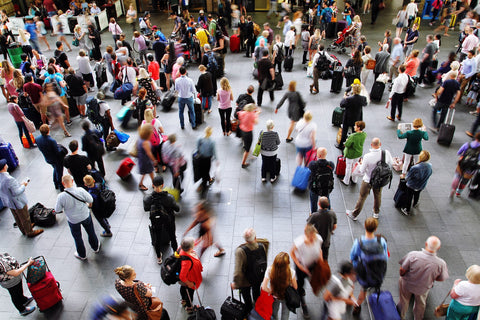
We're extremely fortunate to have an abundance of readily available beef here in Australia, so it's incumbent on us to support sustainable food systems. When you buy any of our products such beef jerky, beef biltong or droewors, you can be assured that your money is going towards supporting local and sustainable beef producers. Not only is this good for the livestock sector, but it's good for you too, as you're eating a higher quality food product than one that doesn't source sustainable ingredients.
